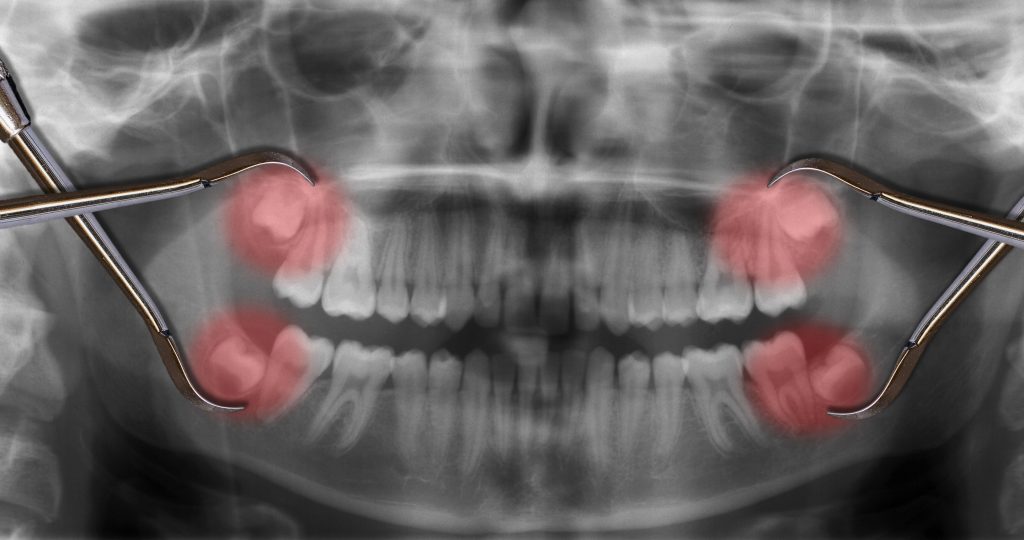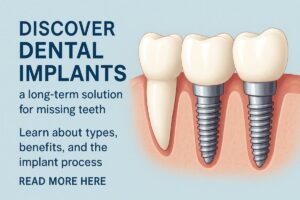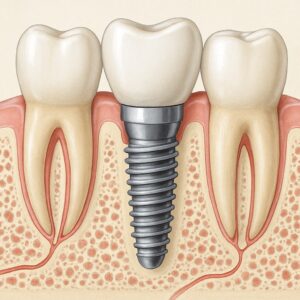Are you concerned about gum disease for receding gums and the resulting root exposure and sensitivity? Gum disease for receding gums can lead to discomfort and increased vulnerability of the teeth, highlighting the importance of understanding its impact on oral health.
Gum disease for receding gums
Gum disease for receding gums often stems from periodontal disease, a chronic inflammatory condition affecting the tissues surrounding and supporting the teeth. This disease can lead to the deterioration of the gums and bone, resulting in gum recession and root exposure. As the gums recede, the roots of the teeth become more vulnerable to decay and sensitivity, which can significantly impact oral health.
Periodontal disease is a progressive condition that can start with gingivitis, characterized by red, swollen gums that may bleed easily. If left untreated, it can advance to more severe stages, causing gum recession and even tooth loss. Understanding the nature of this disease is crucial for maintaining oral health. For those interested in exploring advanced treatment options, [Periodontal Disease with Laser Therapy: Advanced, Gentle Treatment That Works](/periodontal-disease-with-laser-therapy/) offers a modern approach to managing this condition.
Definition of Gingivitis
Gingivitis is a common and mild form of gum disease that causes irritation, redness, and swelling of the gingiva, the part of your gum around the base of your teeth. It is important to address gingivitis early, as it can lead to more severe gum disease for receding gums if left untreated. This condition is often caused by poor oral hygiene, which allows plaque to build up on the teeth and harden into tartar, irritating the gums.
While gingivitis itself is not destructive, it can progress to periodontitis, a more serious gum disease that can result in tooth loss. Understanding the early signs of gingivitis, such as bleeding gums during brushing or flossing, can help in preventing further complications. For more information on managing gum health and addressing root exposure and sensitivity, visit our Gum Disease Help Turlock.
Causes of Periodontal Disease
Gum disease for receding gums is often linked to periodontal disease, which can be caused by a variety of factors. Poor oral hygiene is a primary contributor, allowing plaque to build up and harden into tartar, leading to inflammation. Genetic predisposition can also play a role, making some individuals more susceptible to gum issues. Lifestyle choices such as smoking or using tobacco products can exacerbate the condition, while certain medical conditions like diabetes may increase the risk. Hormonal changes, particularly in women, can also affect gum health, contributing to the development of periodontal disease.
Causes of Gingivitis
Gingivitis, a common precursor to gum disease for receding gums, is primarily caused by the accumulation of plaque—a sticky film of bacteria—on the teeth and gums. Poor oral hygiene practices can lead to this buildup, resulting in inflammation and irritation of the gum tissue. Other contributing factors may include smoking, hormonal changes, certain medications, and systemic health conditions. If left untreated, gingivitis can progress to more severe forms of gum disease, leading to receding gums and increased sensitivity. For more information on maintaining oral health, consider visiting Eggleston Dental Care, your trusted Turlock Dentist.
Symptoms of Periodontal Disease
Periodontal disease, commonly known as gum disease, can manifest through a variety of symptoms that may indicate the progression of the condition. Individuals may notice persistent bad breath, swollen or bleeding gums, and a receding gum line that exposes more of the tooth. Other signs include loose teeth, changes in bite alignment, and increased sensitivity to hot or cold temperatures. These symptoms can vary in severity and may develop gradually, often going unnoticed until significant damage has occurred. Recognizing these signs early is crucial for addressing the underlying issues associated with periodontal disease.
Symptoms of Gingivitis
Gum disease for receding gums often begins with gingivitis, a mild form of gum disease that can lead to more severe oral health issues if left untreated. Common symptoms of gingivitis include red, swollen gums that may bleed easily during brushing or flossing. You might also notice persistent bad breath or a bad taste in your mouth. As the condition progresses, gums may start to recede, exposing the roots of the teeth and increasing sensitivity. Recognizing these early signs is crucial in understanding the progression of gum disease for receding gums.
Treatment Options for Periodontal Disease
Gum disease for receding gums can lead to root exposure and increased sensitivity, making it essential to explore various treatment options for periodontal disease. These treatments aim to manage the progression of the disease and address the underlying causes of gum recession. Common approaches include professional cleaning procedures that target plaque and tartar buildup, as well as more advanced interventions that may involve surgical techniques to restore gum tissue and bone structure. By focusing on these treatment options, individuals can work towards maintaining healthier gums and reducing the discomfort associated with receding gums.
Treatment Options for Gingivitis
Gum disease for receding gums often begins with gingivitis, a mild form of periodontal disease that can lead to more severe issues if left untreated. Addressing gingivitis involves professional dental cleanings to remove plaque and tartar buildup, which are primary contributors to gum inflammation. Regular dental check-ups play a crucial role in monitoring gum health and preventing the progression of gum disease for receding gums. Additionally, maintaining good oral hygiene practices is essential in managing gingivitis and supporting overall gum health.
Prevention Strategies for Both Conditions
Preventing gum disease for receding gums involves maintaining good oral hygiene practices to minimize the risk of root exposure and sensitivity. Regular brushing and flossing can help keep plaque at bay, which is crucial in preventing the onset of gum disease. Additionally, routine dental check-ups play a vital role in early detection and management of any potential issues. By focusing on these preventive measures, individuals can support their oral health and reduce the likelihood of experiencing gum disease for receding gums.
Conclusion
Addressing gum disease for receding gums is crucial for oral health; call (209) 899-1359 or visit our reviews on Google Maps.
Phone Number
209-634-5871
Hours of Operation
Address
Eggleston Dental Care
What Makes Eggleston Dental Care Unique
At Eggleston Dental Care, no two patients are the same, which is why we treat all of our patients individually for their personal needs. We help each patient achieve their dental goals, whether it is to have a healthier mouth, or to finally gain the smile they desire, we help them through every step of the way. Dr. Eggleston and his staff participate in continual education each year so that they stay on top of the latest methods and technology. For a one of a kind dental experience, choose Eggleston Dental Care.
State of the Art Technology
We want the best experience for our patients, which is why we implement the latest dental technology in our practice, including the CEREC for one day crowns!
Educational
Our staff goes through continuing education every year to provide our patients with not only the best care, but also information for patients.
Comfortable Office
We go out of our way to ensure a comfortable experience for our patients including: relaxing music, blankets, facial massages, ergonomic pillows and more!
Caring Staff
Our caring staff want you to look forward to your visit with us, which is why we assure your comfort every step of the way depending on your needs.
Patient Reviews
Tel : (209) 634-5871
©2023 Eggleston Dental Care






